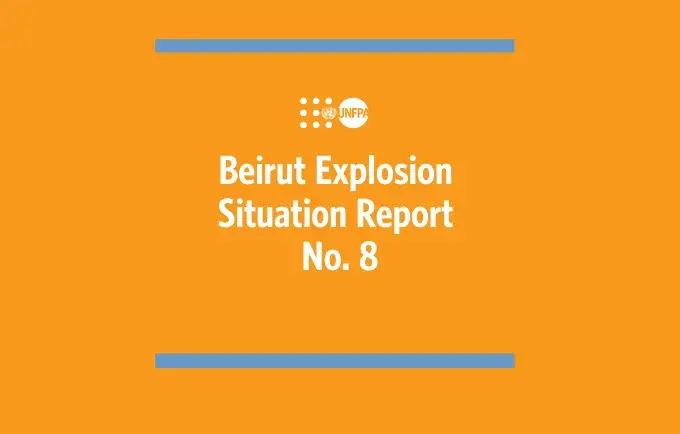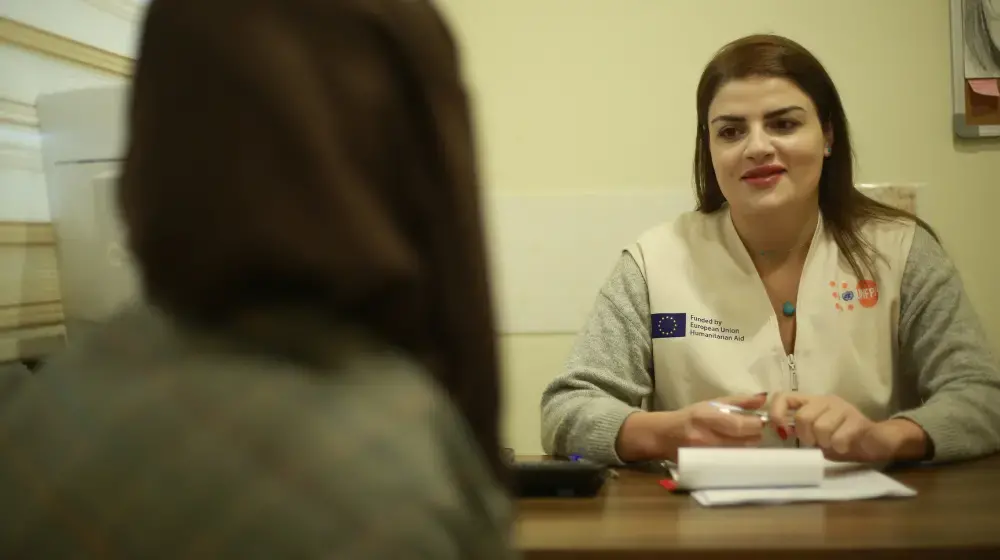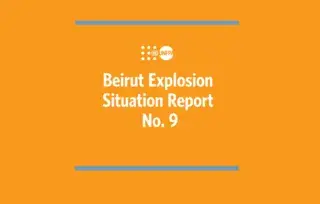Almost three months after the blast that rocked the Lebanese capital city of Beirut, urgent needs for protection, food, health, shelter and WASH remain critical. The loss of livelihoods, compounded by the current COVID-19 outbreak, as well as the country’s financial and economic crises, have raised the demand for substantial and long-term humanitarian assistance. In this context, the UN and partners are actively engaged in the development of the World Bank Group, European Union and UN Reform, Recovery and Reconstruction Framework (3RF) – a critical step in the transition from immediate humanitarian programmes to more sustainable interventions and support for recovery and reconstruction.
To gain an understanding of the extent of damage and the structural impacts of the blast, a rapid damage assessment at the building level was conducted by the Municipality of Beirut
The effects of the economic turmoil, the greater risks of gender-based violence (GBV) and the constant struggle to access assistance are highlighted in a new study, “Rapid Gender Analysis of the August Beirut Port Explosion: An Intersectional Examination,” by UNFPA, ABAAD, CARE International, ESCWA, and UN Women. The joint Rapid Gender Analysis (RGA) assesses how women, men, girls, boys, and gender minorities have been affected by the 4 August explosion, and examines the specific impact of the explosion on women of diverse nationalities, socio-economic background, legal status, ability, age and sexual orientation.
An assessment conducted by UN Women shows that the unemployment rate for women is expected to have increased from 14.3 per cent prior to the economic crisis to 26 per cent by the end of September 2020. In terms of numbers, this translates to a 63 per cent increase—from 81,200 to 132,500 unemployed women — or 51,300 more unemployed women in June 2020, as compared to 2018/2019.




